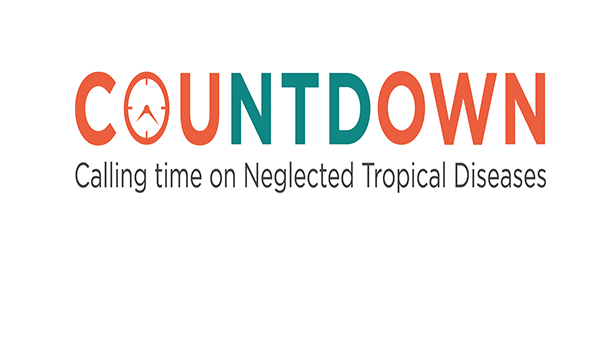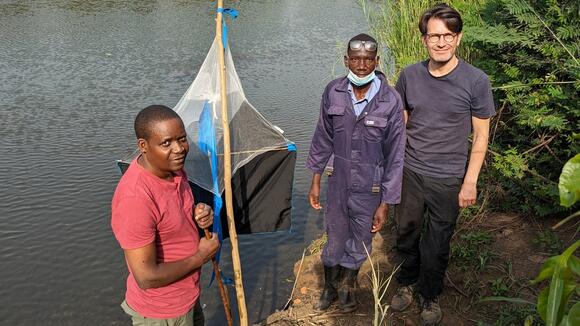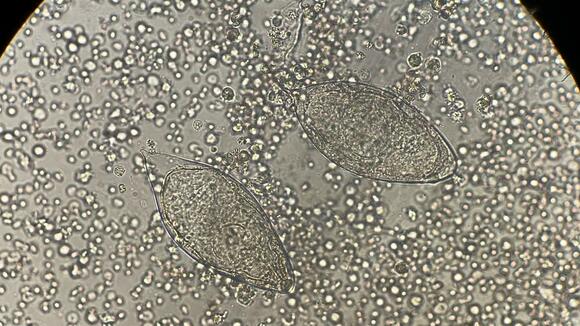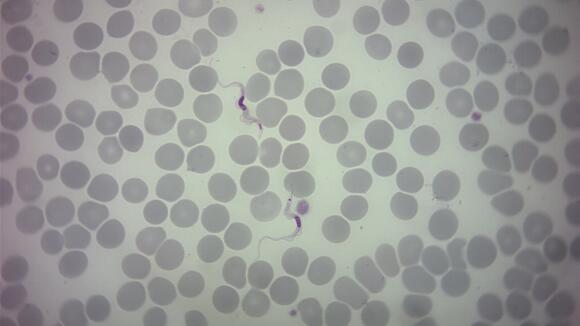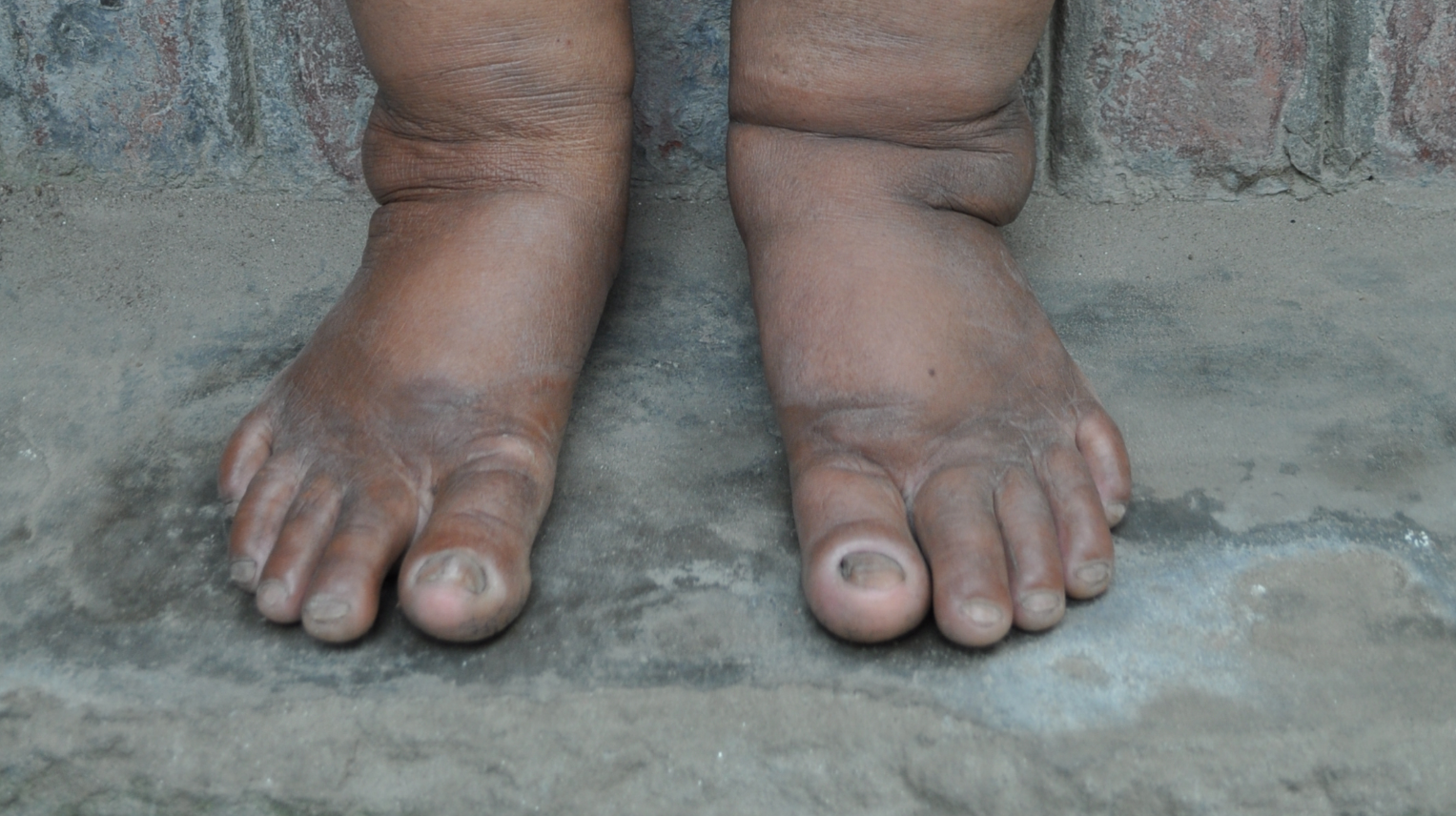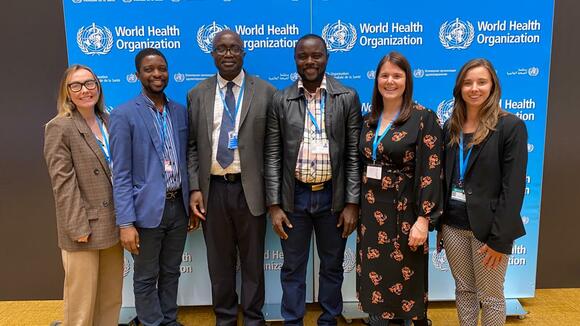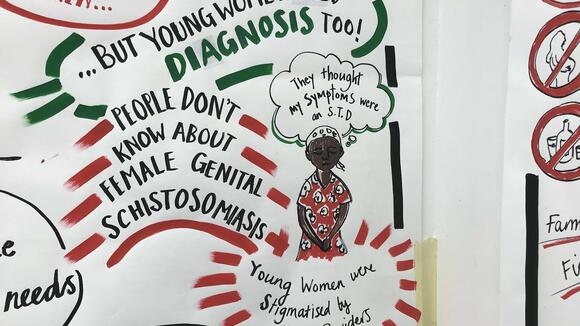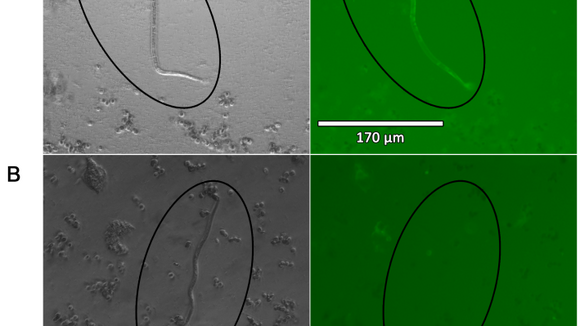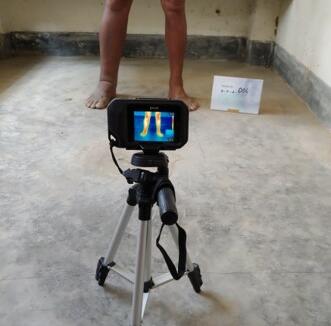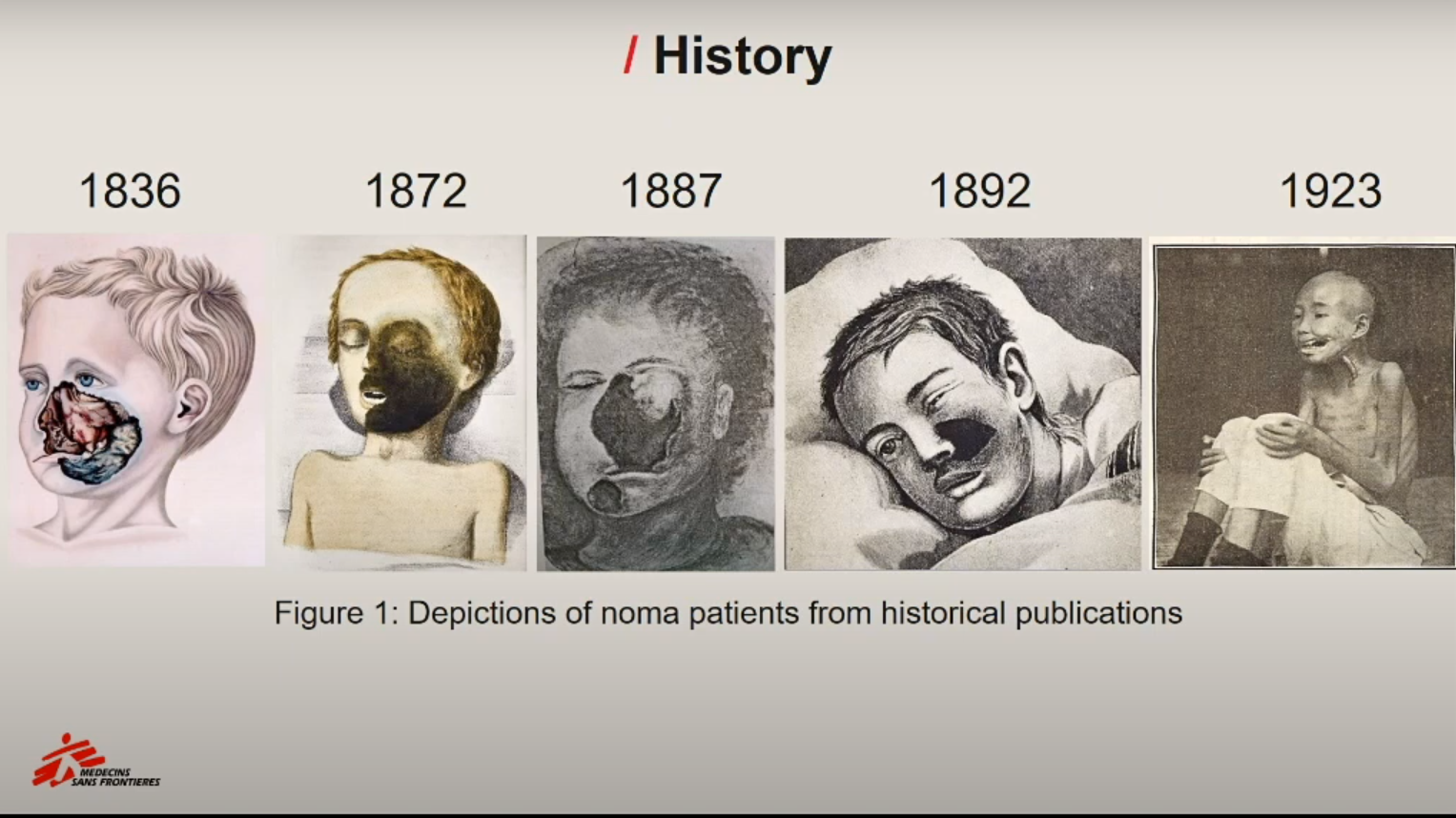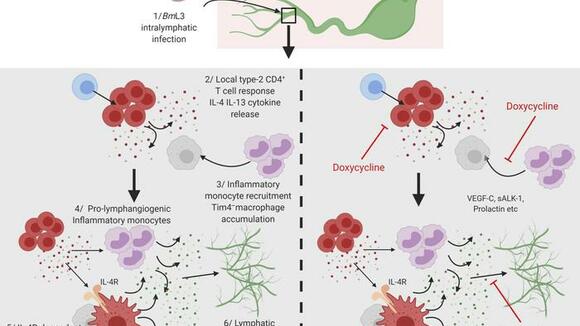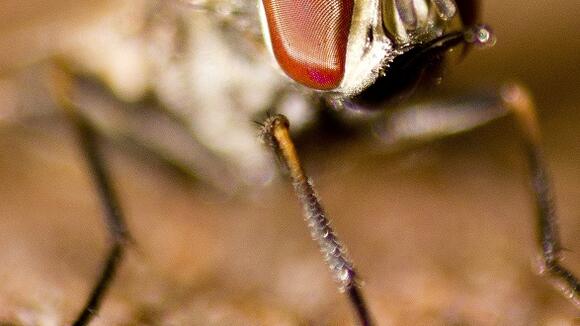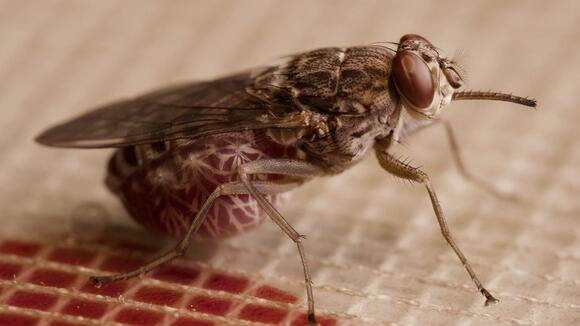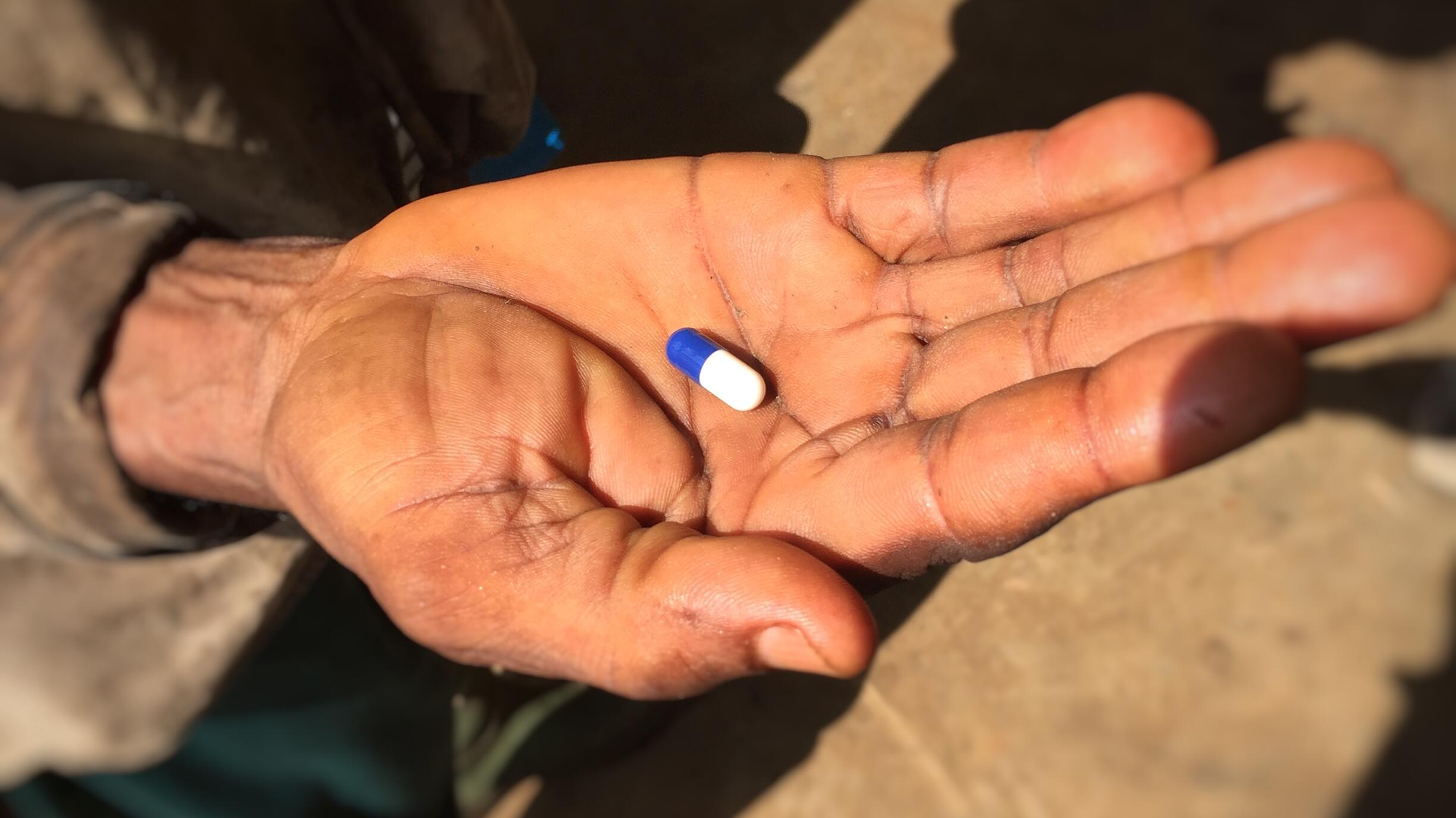
Centre for Neglected Tropical Diseases
Working to control and eliminate neglected tropical diseases (NTDs) through world-leading translational research, from discovery to delivery.

The Centre for Neglected Tropical Diseases (CNTD) builds on Liverpool School of Tropical Medicine's over 125 years of experience in NTDs and brings together world leading scientists and initiatives working to control and eliminate NTDs.
As a multidisciplinary research centre, CNTD has expertise spanning the translational research spectrum and addressing all NTDs. Its members work to deliver impactful research to overcome obstacles to the control and elimination of NTDs and provide policy makers with scientific evidence and programmatic support to inform public health policies and guidelines.
Major areas of research include drug and diagnostic discovery and development, including delivery, evaluation, and deployment into health systems, and the development of better health policies and systems to drastically improve health care.
The diversity of CNTD's research and programmatic activities contribute directly to the goals of WHO's 2021-2030 Roadmap and the UN Sustainable Development Goals.

What are Neglected Tropical Diseases?
NTDs are a diverse group of 21 communicable diseases that prevail in tropical and subtropical conditions in 149 countries. Over one billion people from the world's most disadvantaged communities suffer from at least one NTD.
These diseases are "neglected" because there are relatively limited resources dedicated to their research, control and elimination, something that CNTD is working to change.
Why are NTDs a problem?
NTDs are markers, agents and drivers of poverty, persisting exclusively in the poorest and most marginalised populations often with limited access to health care.
The physical consequences of having an NTD are serious, such as malnutrition, anaemia, severe or permanent disability, illness and death. NTDs also stigmatise, disable and inhibit individuals from being able to care for themselves or their families, driving people deeper into poverty and affecting their mental health.
What is the solution?
The most effective way to eliminate and control NTDs is to combine several public health approaches. Interventions are, therefore, guided by local epidemiology and the availability of appropriate detection, prevention, and control measures that can be delivered in affected communities.
Implementing appropriate measures with high coverage will achieve the goals set out in the WHO's 2021-2030 Roadmap, which aims to increase the prevention and control of these too-long neglected diseases.
CNTD Group leaders
LSTM Clinical Diagnostic Parasitology Laboratory
The CDPL team offers a referral service used by NHS trusts and private clinics throughout the UK and Europe. It provides diagnostic testing for a full range of human parasitic infections, including some that LSTM specialises in, such as malaria, filariasis, schistosomiasis, strongyloides, and African trypanosomiasis.











































